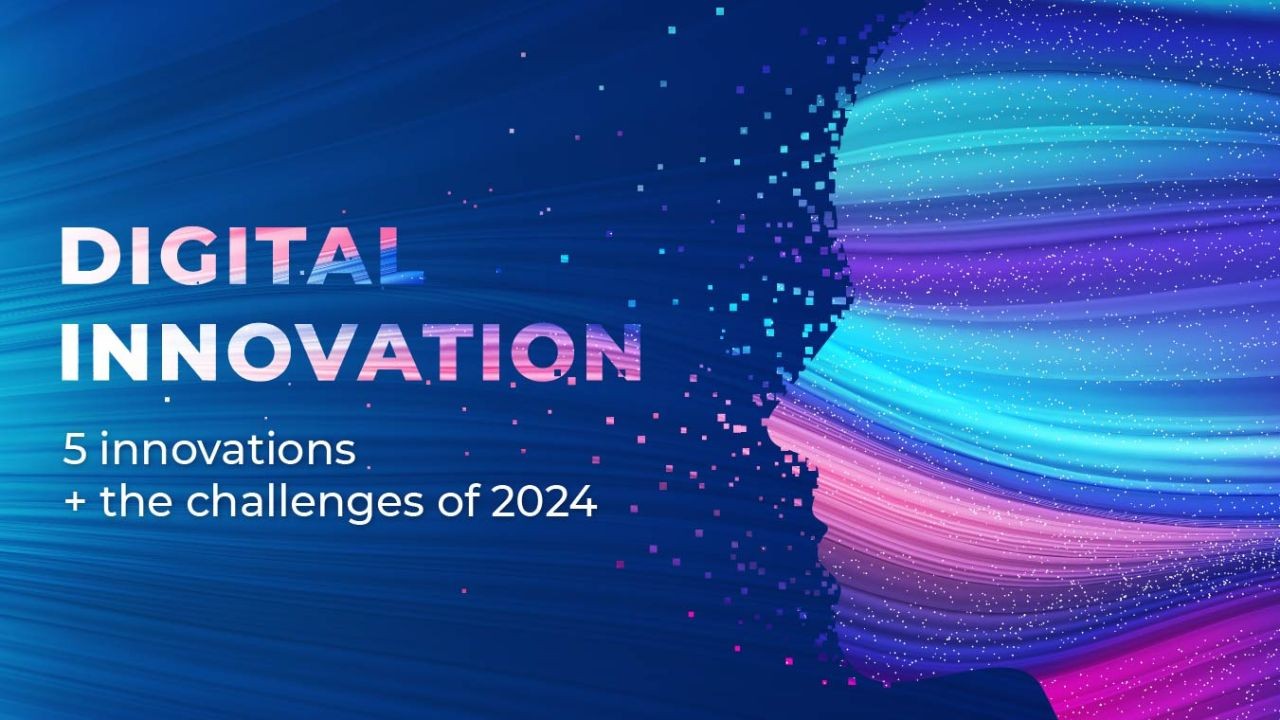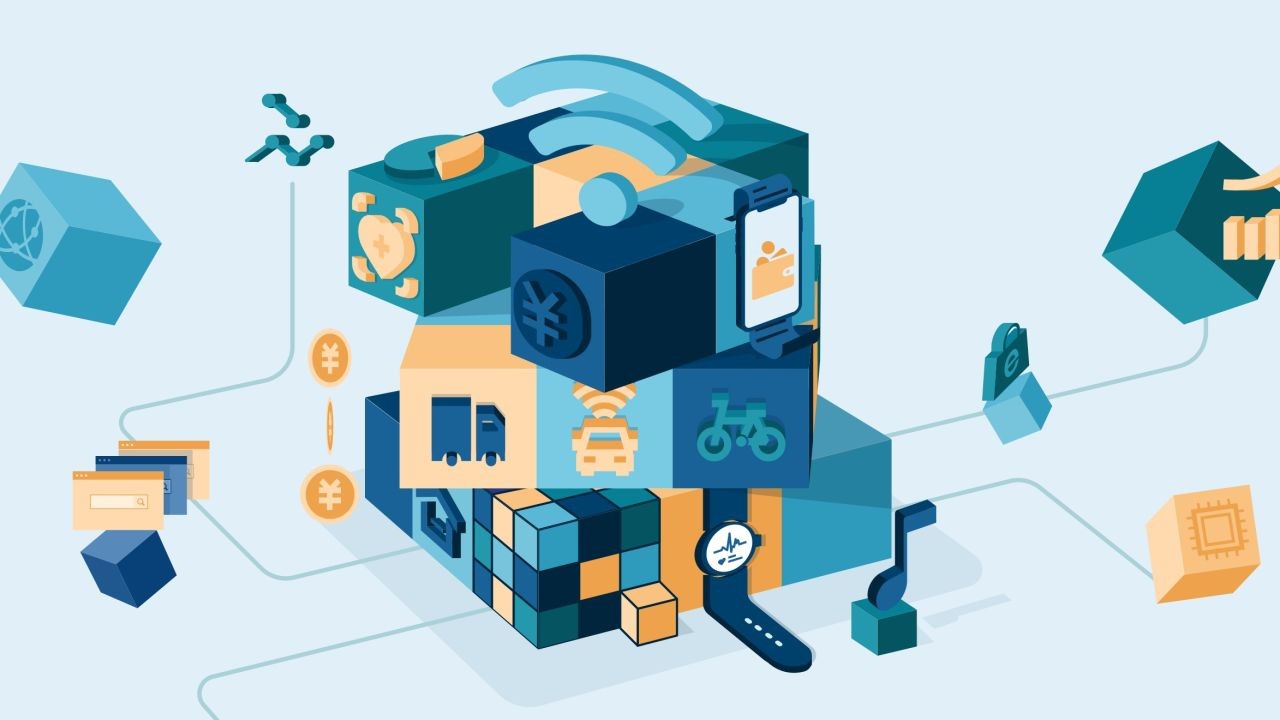Artificial Intelligence (AI) has rapidly evolved over the past decade, significantly impacting economic landscapes worldwide, including Australia. This transformation is not limited to automation and efficiency; it has also led to the creation of new job roles that were inconceivable five years ago. As AI continues to integrate into various industries, understanding these emerging roles is crucial for cultural analysts, policymakers, and business leaders alike. This article delves into five unique job opportunities spawned by AI, highlighting their relevance to Australia's economy and providing data-backed insights from authoritative sources such as the Australian Bureau of Statistics (ABS) and other academic and industry reports.
1. AI Ethicist
With the increasing integration of AI systems in everyday operations, ethical considerations have become paramount. AI ethicists are professionals dedicated to ensuring that AI systems are designed and implemented in ways that are ethical and unbiased. In Australia, where regulations like the Consumer Data Right (CDR) are shaping data privacy and usage, AI ethicists play a crucial role in aligning AI practices with these laws.
According to the Australian Competition & Consumer Commission (ACCC), there is a growing need for AI systems to be transparent and accountable. AI ethicists help bridge the gap between technology and ethical standards, making sure AI applications are fair and equitable.
Case Study: Ethical AI in Australian Banking
Problem: A major Australian bank faced scrutiny over its use of AI in customer service, with concerns about algorithmic bias.
- The bank struggled with maintaining customer trust and regulatory compliance.
Action: The bank hired AI ethicists to audit their AI systems and provide guidance on ethical AI deployment.
- They implemented an ethical framework for AI use, ensuring transparency and fairness.
Result: Within a year, customer trust increased by 30%, and the bank regained its reputation as a leader in ethical banking practices.
- Key Takeaway: Ethical AI implementation is not just a compliance necessity but a competitive advantage.
2. Data Labeling Specialist
Data is the lifeblood of AI systems, and accurate data labeling is essential for training AI models. Data labeling specialists are responsible for annotating data, ensuring the quality and accuracy of AI training datasets. In Australia, industries like agriculture and mining are leveraging AI to optimize operations, necessitating precise data labeling to enhance AI accuracy and efficiency.
The Australian Bureau of Statistics (ABS) reports that data-centric roles, including data labeling specialists, have seen a 20% growth in employment over the past two years. This trend is expected to continue as more sectors adopt AI technologies.
3. AI Trainer
AI trainers are tasked with teaching AI systems how to perform specific tasks by feeding them curated datasets and correcting their outputs. In the education sector, for example, AI trainers are developing systems that can provide personalized learning experiences to students across Australia.
According to a report by Deloitte, AI-driven education technologies are projected to enhance learning outcomes by 25% over the next five years. This growth is creating a demand for skilled AI trainers who can develop and maintain these systems.
4. AI-Enhanced Healthcare Specialist
AI is revolutionizing healthcare by enabling more precise diagnostics and personalized treatment plans. AI-enhanced healthcare specialists work alongside medical professionals to integrate AI tools into clinical practice. In Australia, where healthcare quality and accessibility are national priorities, these specialists are instrumental in advancing medical services.
The Australian National University (ANU) highlights that AI applications in healthcare can reduce diagnostic errors by up to 50%, significantly improving patient outcomes. This underscores the importance of specialized roles that focus on integrating AI into healthcare systems.
Case Study: AI in Australian Healthcare
Problem: A regional hospital in New South Wales struggled with high rates of diagnostic errors.
- The hospital faced challenges in providing accurate and timely diagnoses.
Action: The hospital employed AI-enhanced healthcare specialists to implement AI diagnostic tools.
- These specialists trained staff and integrated AI solutions into existing workflows.
Result: Diagnostic accuracy improved by 40%, and patient satisfaction increased significantly.
- Key Takeaway: AI-enhanced healthcare specialists are vital for improving medical accuracy and patient trust.
5. AI-Driven Marketing Strategist
AI-driven marketing strategists use AI tools to analyze consumer data and develop targeted marketing campaigns. In Australia, where digital marketing is crucial for reaching diverse and tech-savvy audiences, these roles are increasingly valuable.
A study by PwC Australia highlights that businesses using AI-driven marketing strategies see a 35% increase in customer engagement and a 25% boost in conversion rates. This demonstrates the potential of AI to transform marketing efforts and drive business growth.
Case Study: AI in Australian Retail Marketing
Problem: An Australian retail brand faced declining customer engagement in its online store.
- The brand struggled to reach and retain digital-savvy consumers effectively.
Action: The company hired AI-driven marketing strategists to revamp its digital marketing strategy.
- They used AI tools to analyze consumer behavior and personalize marketing campaigns.
Result: Customer engagement increased by 50%, and online sales grew by 30% within six months.
- Key Takeaway: AI-driven marketing strategies can significantly enhance consumer interaction and sales performance.
Conclusion
As AI continues to evolve, it is clear that it not only transforms existing jobs but also creates new opportunities that require specialized skills. In Australia, where technological innovation is a key economic driver, the emergence of these roles signifies a shift towards a more AI-integrated economy. By understanding and embracing these new job opportunities, Australians can position themselves at the forefront of the AI revolution, ensuring that they are well-equipped for the future of work.
What’s your take on the impact of AI on Australia’s job market? Share your insights below!
People Also Ask
- How does AI impact jobs in Australia? AI is reshaping the Australian job market by creating new roles such as AI trainers and ethicists, enhancing productivity and innovation across industries.
- What are the challenges of AI in the workplace? Key challenges include ensuring ethical AI use, managing data privacy, and addressing the skills gap for emerging AI roles.
Related Search Queries
- AI job opportunities in Australia
- Emerging AI roles
- AI impact on Australian economy
- AI in healthcare Australia
- AI-driven marketing strategies

































karolyn63y4817
10 months ago